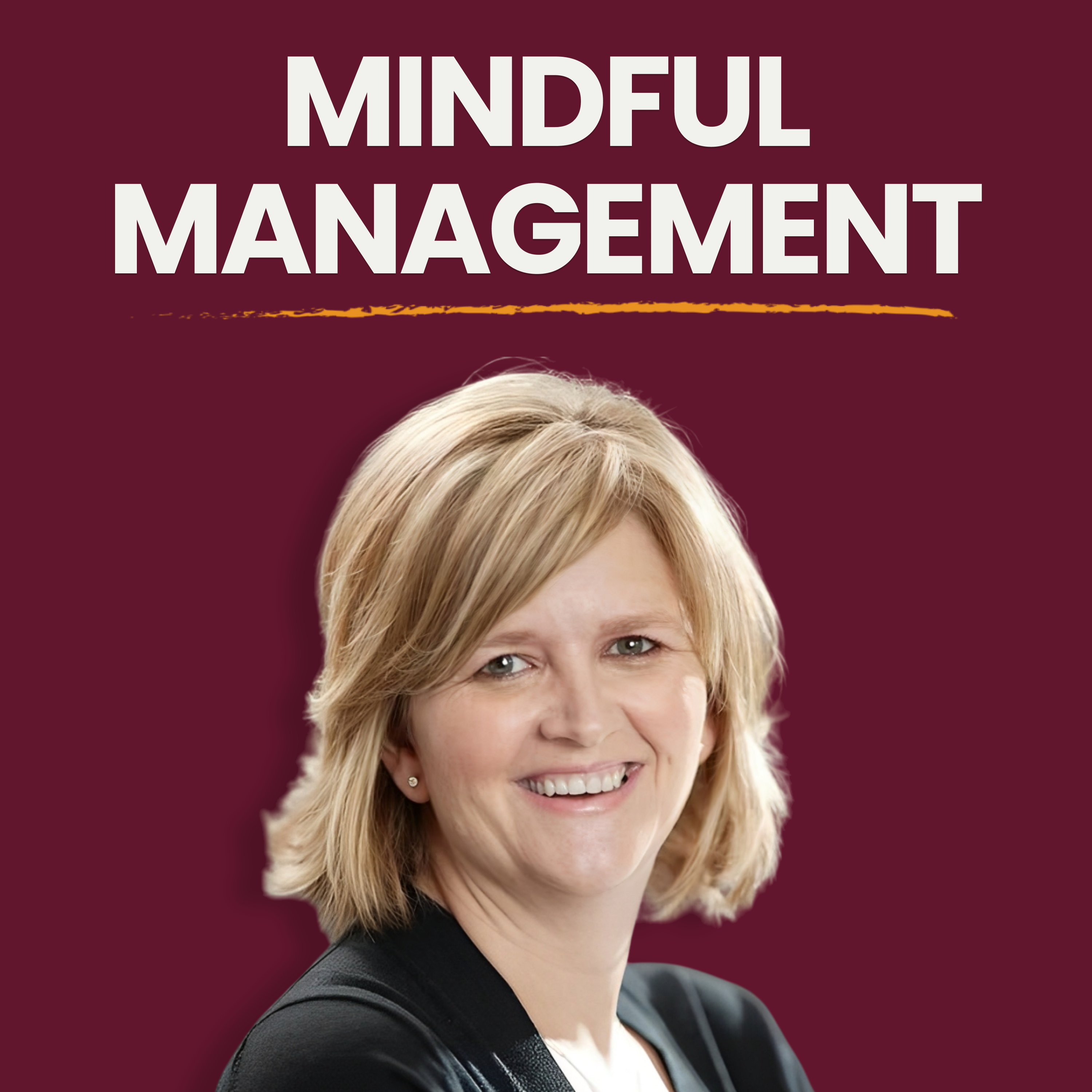Understanding Financial Trauma with Dara Duguay of Credit Builders Alliance
October 30, 2024

In this episode of Mindful Management: Creating a Trauma-Informed Work Environment, host Shenandoah Chefalo speaks with Dara Duguay, the CEO at Credit Builders Alliance. Join them as they discuss practical advice on accessing financial resources, overcoming financial stigma, and improving financial literacy.
In this episode of Mindful Management: Creating a Trauma-Informed Work Environment, host Shenandoah Chefalo speaks with Dara Duguay, the CEO at Credit Builders Alliance.
Join them as they discuss:
- Financial trauma and equity
- Dara’s journey
- Improving financial literacy, especially for marginalized communities
- Being "credit invisible"
- Innovative initiatives like including rent payments in credit reporting
- Accessing financial resources
- Overcoming financial stigma
Dara Duguay is the CEO at Credit Builders Alliance (CBA), a national nonprofit network dedicated to building the capacity of a diverse and growing network of hundreds of nonprofits across the country. CBA was created by and for nonprofit members as a bridge to the modern credit reporting system to help millions of individuals with poor or no credit. Before joining CBA, Dara ran her own consulting practice and advised clients such as TD Bank, the World Bank Group, Experian, Visa, and SunTrust Bank on their financial education efforts.
Episode Highlights:
- [04:48 - 06:27] The Impact of Financial Trauma - Dara emphasizes the profound yet often overlooked effects of financial trauma, which she has witnessed firsthand in her credit counseling work. Financial trauma manifests in emotional distress, strained relationships, and severe health impacts due to chronic financial instability. The consequences of financial hardships—such as poor credit scores and bankruptcy—can last for years, leading to long-term repercussions like eviction or limited access to credit. Dara underscores how financial trauma is tied to systemic issues, where the lack of financial resources creates a cascade of problems, affecting both individual well-being and broader community health.
- [07:49 - 10:45] Misconceptions Around Poverty and Financial Equity - Dara debunks the myth that poverty is a result of laziness or a lack of effort, particularly in the U.S. She highlights that many people living in poverty are working multiple jobs but still struggle to meet basic needs due to low wages. Additionally, many of these individuals operate outside the traditional credit system, relying on services like pawnshops and payday lenders, which do not report to credit bureaus. This makes them "credit invisible," limiting their access to essential services like housing and employment, where credit reports are often required. Credit Builders Alliance works to address these inequities by helping individuals build credit and navigate the financial system more effectively.
- [24:10 - 26:03] Credit Building and Financial Literacy for Foster Care Youth - Dara Duguay highlights the critical need for financial literacy programs for youth in the foster care system. Many young people exiting the system face credit challenges due to fraud or misuse of their identity while in care. To address this, the Credit Builders Alliance has partnered with Child Focus to ensure child welfare workers pull annual credit reports for foster youth to identify and resolve any fraudulent activity. A user-friendly website was developed to guide childcare workers and others on how to dispute inaccurate credit information, helping these young individuals start their financial lives on stable ground rather than a disadvantage.
- [27:06 - 30:17] The Promise of Alternative Data in Credit Scoring - Dara emphasizes the potential of incorporating alternative data, such as utility and bank account information, into credit scoring models. Many essential payments, like utility or cell phone bills, are not currently reflected in traditional credit reports. By including such data, individuals—especially those without traditional credit histories—can demonstrate financial responsibility and improve their credit scores. Dara encourages people to use banking services, including low-cost accounts available at credit unions, as having a bank account can not only save money but also provide better access to financial services.
If you enjoyed this episode, make sure to subscribe, rate, and review it on Apple Podcasts and Spotify. Instructions on how to do this are here.
Mindful Management: Creating a Trauma-Informed Work Environment is handcrafted by our friends over at: fame.so